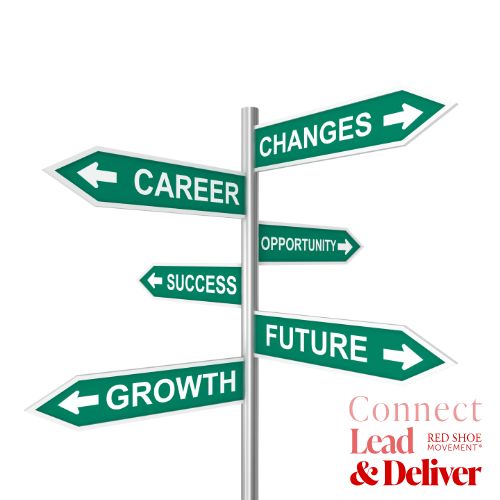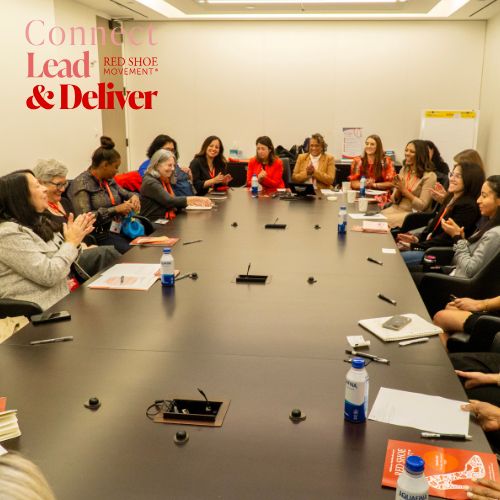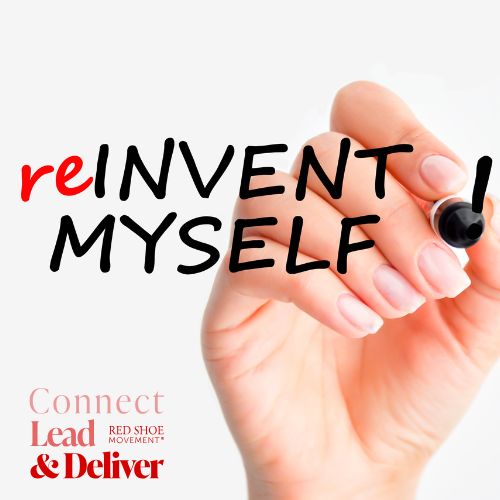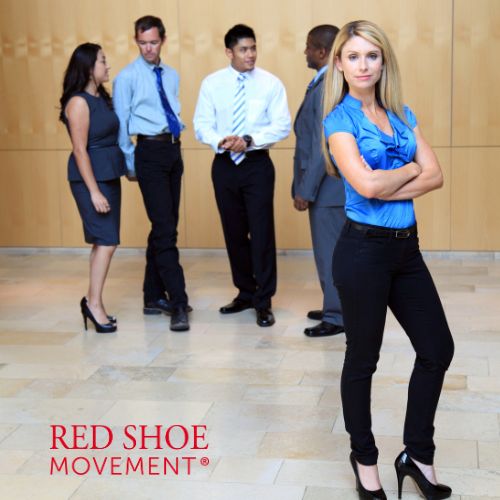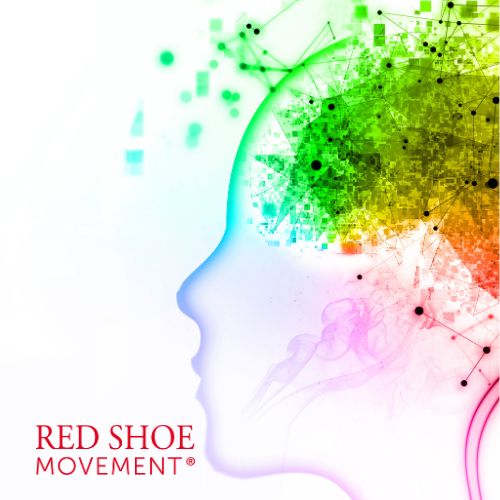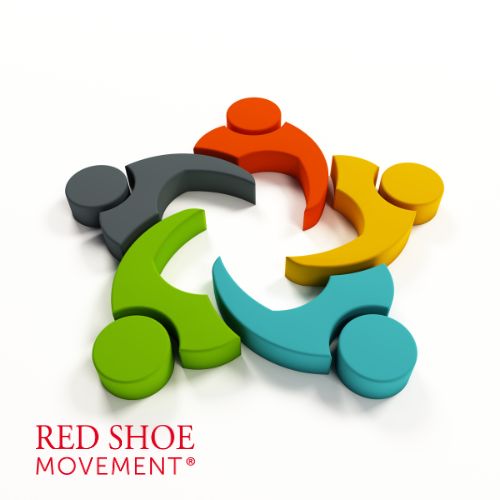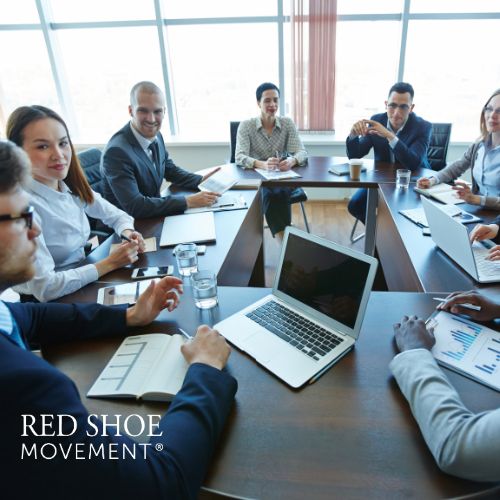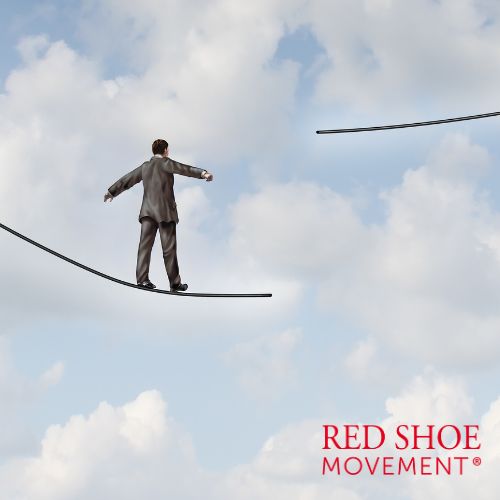Robert Abreu is an equity champion leading by example. He is the current Vice President and Global Head of Technology Risk for the Corporate Workplace Solutions Division at Goldman Sachs and has spent most of his career in the financial services sector.
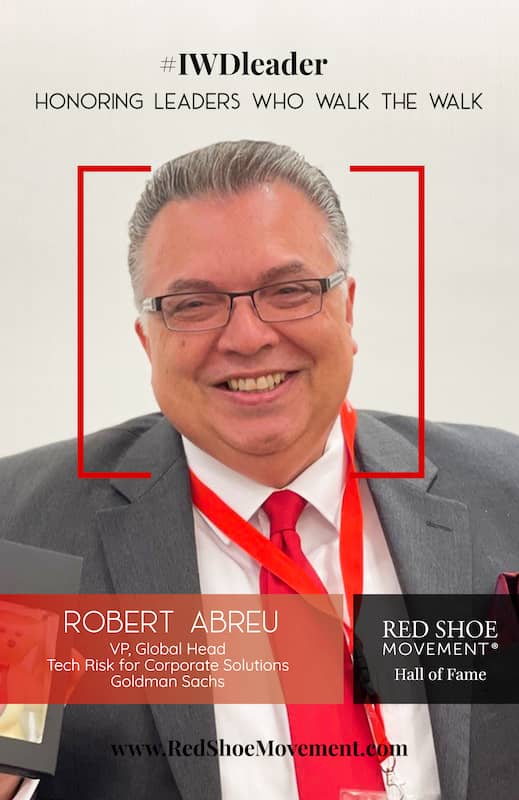
Robert is also an active member of his community, having been on numerous Boards that include Catholic Charities of NY Community Services, The Hispanic Federation, and Alianza Dominicana. Abreu has served as President for Dominicans on Wall Street (DOWS) and Latinos in Information Sciences and Technology Association (LISTA). He is also a member of several organizations, including the Society of Hispanic Engineers (SHPE) and the Association of Latino Professionals in Finance & Accounting (ALPFA).
Recognized by the Hispanic IT Executive Council (HITEC) as one of the 100 Most Influential Hispanic Professionals in Information Technology, the St. Peter’s College graduate also supports several educational and artistic organizations in the US, as well as the Dominican Republic and is a frequent guest speaker at conferences and schools.
Born and raised in Washington Heights in Upper Manhattan, New York City by immigrant parents from the Dominican Republic, he currently resides in Bergen County, northern New Jersey with his wife Arelis and five children.
For being an equity champion leading by example in the field of technology and beyond, the Red Shoe Movement honors Robert Abreu with the 2022 Hall of Fame.
An Equity Champion Leading by Example
RED SHOE MOVEMENT – You have been at Goldman Sachs for many years, what has been your strategy to keep growing in the same company?
ROBERT ABREU – Make sure it doesn’t get old. Find (or create) a role to solve a commercial problem where your skills can help drive to solutions. Also, I make it a point to train my replacement so that I can take on new assignments without worrying about leaving my current role.
RSM – You are one of the few high-ranking Latinx voices in your field. In your opinion, how can we make sure we’re attracting diverse talent into our workspaces?
RA – I believe our best option is to build a pipeline. We do this by catching this talent pool when they’re young. We, as professionals, need to get in front of young people. We need to go to high schools in Latino communities and share our stories. Let them see that someone that looks and sounds like them has many options for a successful future.
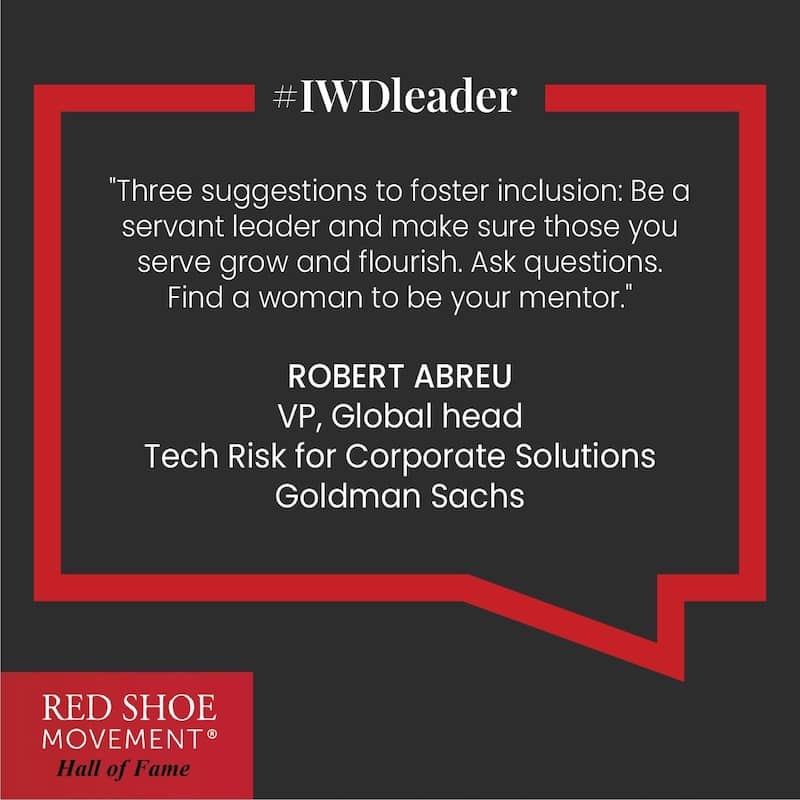
A Mission to Support Women and Diversity
RSM – You have been a vocal equity champion during your entire career, tell us more about your mission to support women and a more diverse workforce?
RA – As a manager and leader, I know there is a value in diversity. It is my duty to the organization to develop teams that are commercially focused with creative ideas. That can only happen with diverse mindsets and experiences. In addition, as a father of daughters, I know that I need to champion someone else’s daughter in the same way I hope someone will champion mine along in their careers.
RSM – How would you encourage other professional men to become equity champions who speak up for and support women’s career development in large organizations?
RA – Be a servant leader and make sure those you serve grow and flourish. Ask questions. Find a woman to be your mentor.
RSM – Are there any changes in the DEI area that you’ve noticed in Godman Sachs or other companies?
RA – I think the biggest change I see is not having to “justify” diversity programs and activities. Major firms realize the value to the organization and are on board immediately. Years back, there was always a need to validate why diversity and inclusion needed to be a focus.
A “Girl Power” Cheerleader
RSM – You have three daughters, what advice have you shared to help them be more independent and influential voices in the workplace and their communities? How have they influenced your views on equity and inclusion?
RA – Having daughters has made me a “Girl Power” cheerleader. As a single dad for most of their youth, I tried to ensure they became strong independent young women who were driving their own destiny. I believe a big part of that was to have accountability. One mantra I always shared was: “For all your actions, there is a reaction. You need to always own up to the results, good or bad.”
RSM – If you could suggest one action that organizations can take to accelerate the representation of women at the top, what would it be?
RA – Sensitize the organization’s leadership to the common stereotyping of women, the language that’s used to describe women’s behaviors specifically, and the impact of having predisposed ideas of what a leader looks like.
RSM – If you could suggest one action that women could take to accelerate their career growth, what would it be?
RA – Take positions that make you feel uncomfortable, that are challenging and push you to lead and evolve as a leader.




























